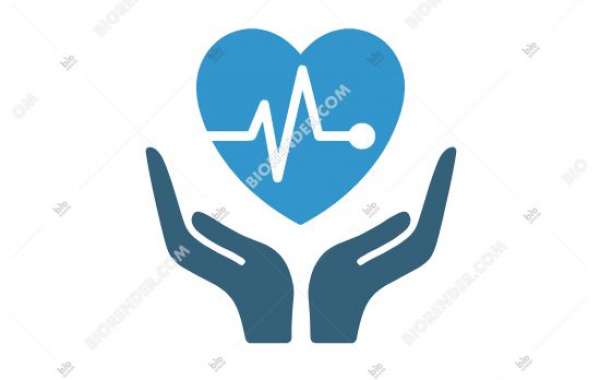The Crucial Role of Cardiologists in Heart Health
Cardiovascular disease remains a leading cause of mortality worldwide, emphasizing the critical role of cardiologists in diagnosing, treating, and preventing heart-related ailments. These specialized physicians possess expertise in managing a spectrum of cardiovascular conditions, from common issues like high blood pressure to complex disorders such as heart failure and arrhythmias. This article delves into the multifaceted responsibilities of cardiologists and their impact on patients' cardiac health.
Diagnostic Expertise:
Dr. Pankaj Gupta is a Cardiologist for diagnostic tools to assess patients' heart health comprehensively. From standard electrocardiograms (ECGs) and stress tests to advanced imaging modalities like echocardiography, cardiac MRI, and coronary angiography, they employ sophisticated techniques to evaluate cardiac function, detect abnormalities, and formulate precise treatment plans.
Treatment Modalities:
The treatment strategies employed by cardiologists are as diverse as the conditions they address. Depending on the specific diagnosis, interventions may include pharmacotherapy to manage hypertension, dyslipidemia, and heart rhythm disturbances, along with lifestyle modifications encompassing diet, exercise, and smoking cessation. In more complex cases, cardiologists may recommend invasive procedures such as angioplasty, stent placement, or surgical interventions like bypass surgery or heart valve repair.
Preventive Care:
Beyond acute treatment, cardiologists place significant emphasis on preventive measures aimed at averting cardiovascular disease onset or progression. They collaborate with patients to mitigate risk factors such as obesity, diabetes, and sedentary lifestyle through personalized lifestyle counseling and tailored management plans. By promoting early detection and intervention, cardiologists strive to forestall the development of potentially life-threatening cardiac conditions.
Specialized Expertise:
Cardiology encompasses various subspecialties, each focusing on distinct aspects of cardiovascular health. For instance, electrophysiologists specialize in managing heart rhythm disorders, while interventional cardiologists excel in performing minimally invasive procedures to restore blood flow to the heart. Additionally, pediatric cardiologists cater to the unique cardiac needs of infants, children, and adolescents, underscoring the breadth and depth of expertise within the field.
Research and Innovation:
The landscape of cardiology is continually evolving, propelled by ongoing research and technological advancements. Cardiologists actively engage in clinical trials and translational research endeavors to unravel the underlying mechanisms of cardiovascular disease and pioneer novel therapeutic modalities. Innovations such as remote monitoring heart disease like devices, gene therapies, and regenerative medicine hold promise for revolutionizing cardiovascular care, offering hope for improved outcomes and enhanced quality of life for patients worldwide.
Conclusion:
Cardiologists serve as linchpins in the realm of cardiovascular health, leveraging their diagnostic acumen, therapeutic expertise, and preventive initiatives to safeguard patients' heart health. By embracing innovation, collaboration, and a steadfast commitment to patient-centered care, these dedicated physicians continue to drive progress in the fight against cardiovascular disease, shaping a future where heart health is attainable for all.




